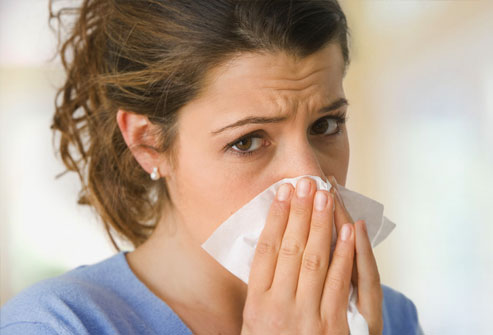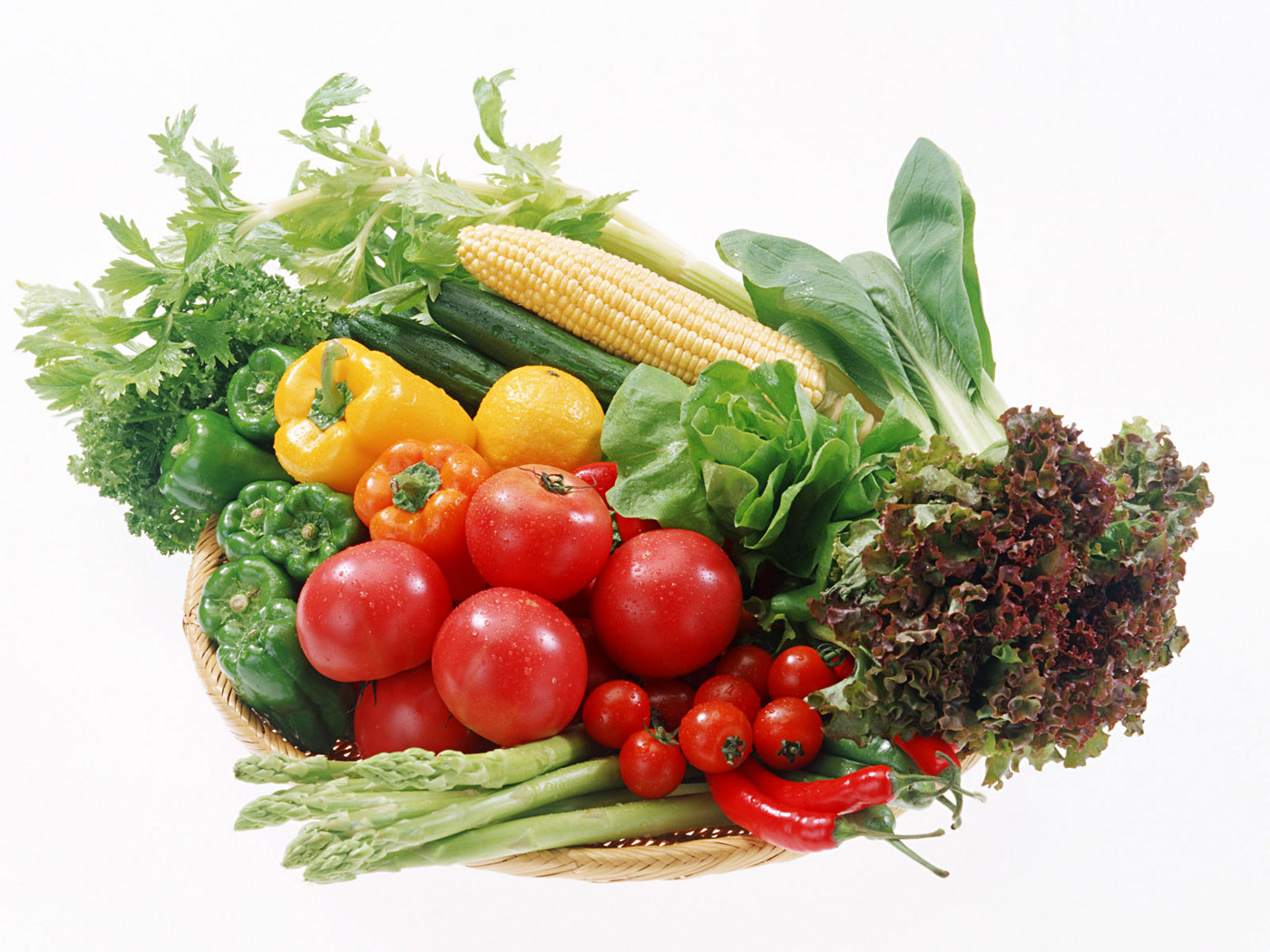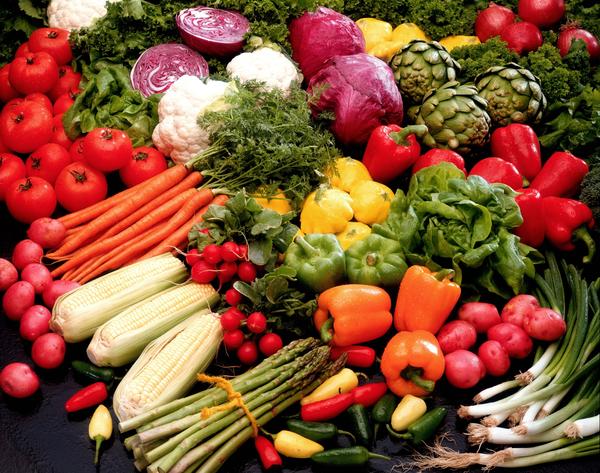
by admin | Aug 27, 2014 | Prescription Drugs
Ever since we were children, we’ve been told to take pills when we feel bad—for headaches, insomnia, indigestion, aches and pains, even mild depression, to name a few common complaints. TV ads reinforce this message, with experts telling us what pills to take...

by admin | Aug 27, 2014 | Natural Facts
Toss your sweaters to the side, because summer is officially here! However, you may be tempted to keep those Kleenex around. After all, a lot of folks get upper respiratory ailments this time of year, perhaps due to the change of weather or complications related to...

by admin | Aug 27, 2014 | Natural Facts
When you hear the word “detox,” do you cringe a little bit? Many people associate detox diets with fasting, but the best approach may be to detoxify gradually, with fresh and delicious food. Detoxing your body doesn’t have to be unpleasant. A sound approach to aiding...

by admin | Aug 27, 2014 | Natural Facts
Take a look at your typical plate of food. Do you have a piece of meat and some potatoes? Or maybe pasta and a hamburger? In other words, is your diet looking pretty…well…beige? If you’re eating a lot of beige food, chances are you’re not getting enough fresh fruits...

by admin | Aug 26, 2014 | Natural Facts, Sleep Disorder
Introduction: If you ever been asleep and aware that you were dreaming you were likely experiencing what is referred to as a “lucid dream.” New research from researchers in the UK is showing that the ability to have lucid dreams equates to better mental health and...








